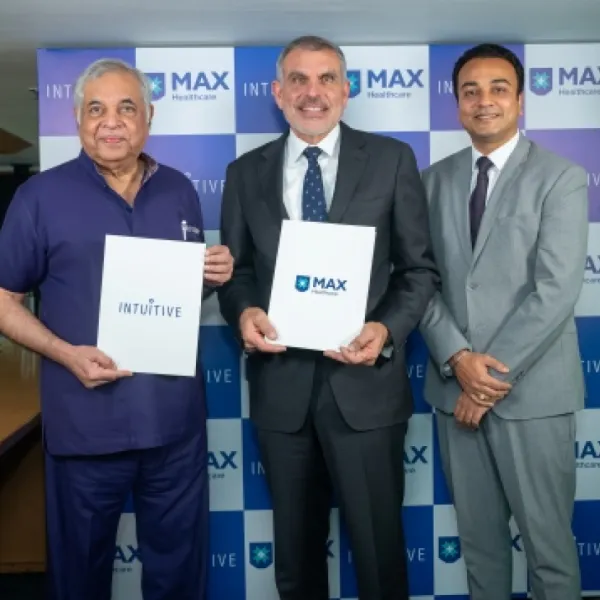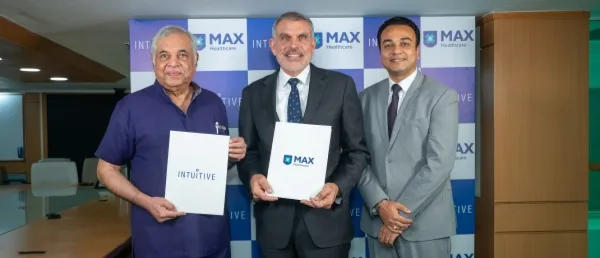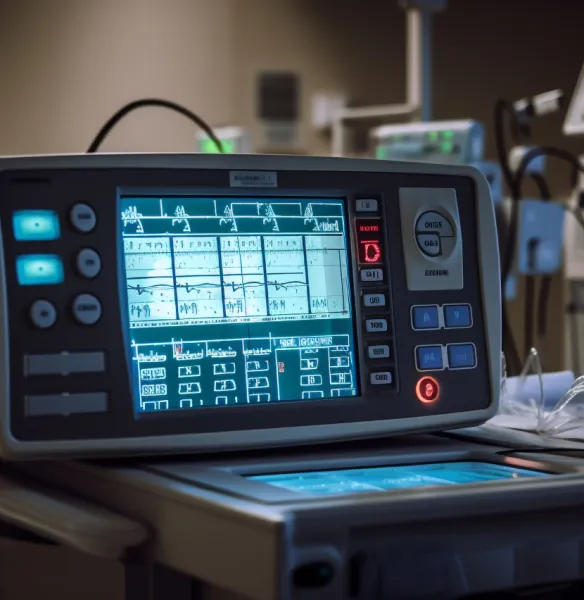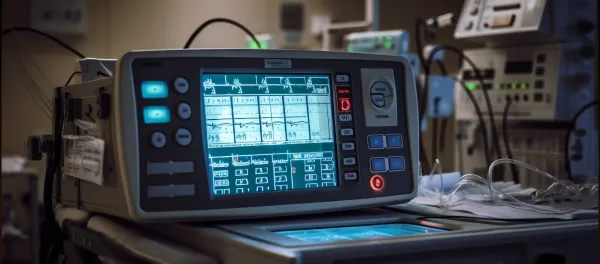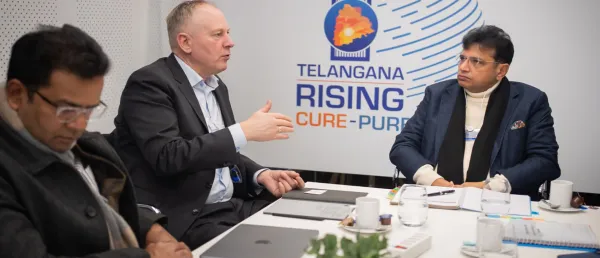Elon Musk's Neuralink to Start First Human Trials of Brain-Computer Chips

Reportedly, patients with paralysis due to cervical spinal cord injuries or amyotrophic lateral sclerosis (ALS) will be considered for the study. The trial is expected to span approximately six years.
Elon Musk's brain-chip startup, Neuralink has received approval from an independent review board to begin recruiting patients for the first human trial of its brain implant paralysis patients.
Reportedly, patients with paralysis due to cervical spinal cord injuries or amyotrophic lateral sclerosis (ALS) will be considered for the study. The trial is expected to span approximately six years.
For the study, a robot will be utilised by the neurotechnological company to surgically implant a brain-computer interface (BCI) device in a region of the brain responsible for controlling the intentions to move.
Earlier Neuralink had tried to secure approval to implant its device in ten patients however, reports reveal that the company has entered negotiations with the US Food and Drug Administration (FDA) to reduce the number of patients due to safety concerns raised by the agency. The current approved number of patients has not been yet disclosed.
The founder and CEO, Elon Musk has proposed Neuralink's use in facilitating swift surgical insertions of its chip devices to address conditions such as obesity, autism, depression, and schizophrenia.
In May, Neuralink gained FDA clearance for its first-in-human clinical trial, even as it faced federal scrutiny for its handling of animal testing.
Founded in 2016, Neuralink aims to develop a BCI that can be used to control external devices, such as prosthetic limbs or computers and to restore lost brain functions.
Talking about brain implants, there are several other companies that work on similar technologies. For instance, Paradromics Inc., another American neurotechnology company, is also developing an electronic brain implant that would allow the mind to communicate directly with a computer.
Other competitors include Kernel, a $100 million project launched by Braintree founder Bryan Johnson; and the US government's DARPA, which has devoted $65 million to its effort. Additionally, companies like BrainCo, Emotiv, MindMaze, NeuroSky, NeuroPro, and Neurable are also working on similar technologies.
A similar initiative has been taken up by an Indian company NeuroLeap. The neuroscience company partnered with the Indian Institute of Technology Palakkad in the year 2019. The collaboration seeks to promote research in BCI technology for neuroenhancement and neurorehabilitation.
Stay tuned for more such updates on Digital Health News













